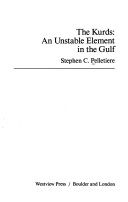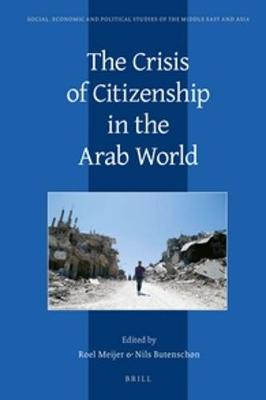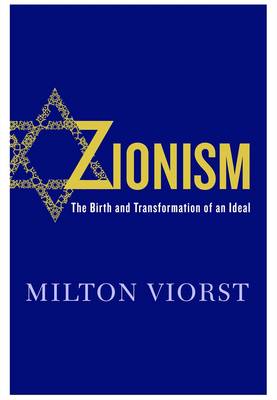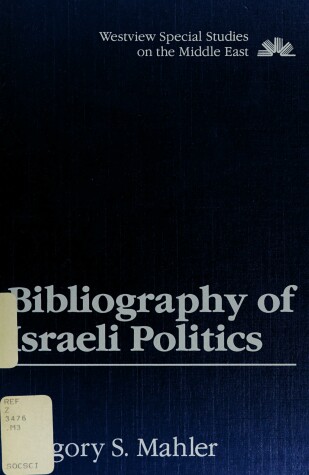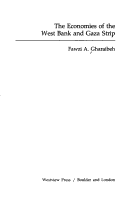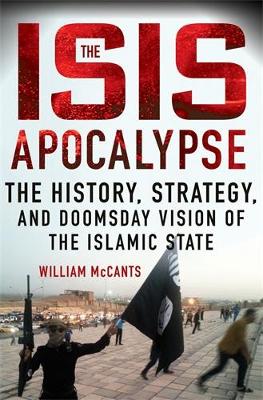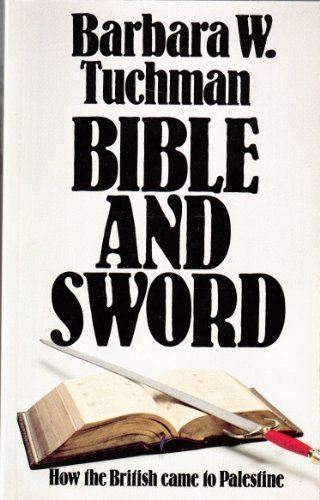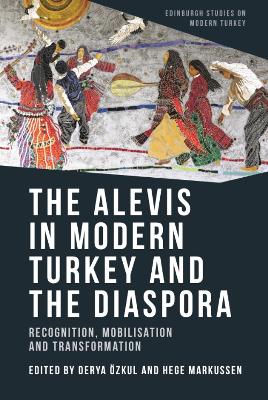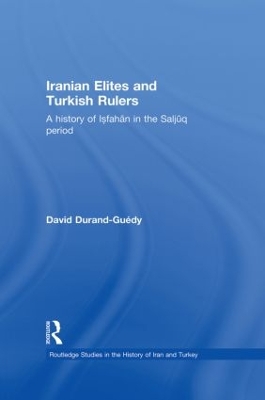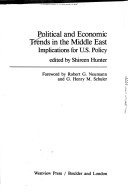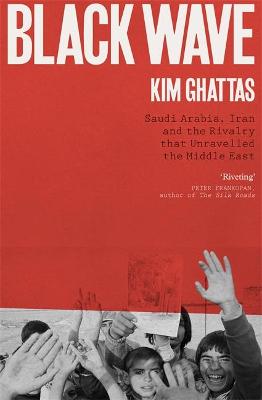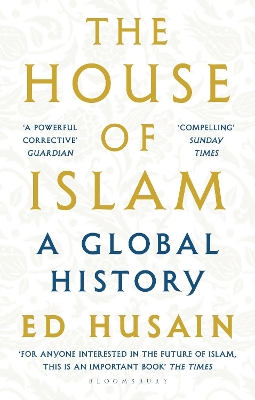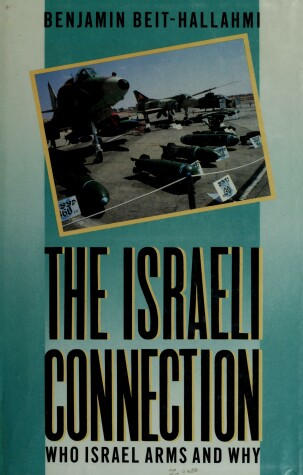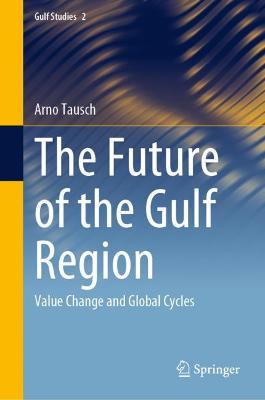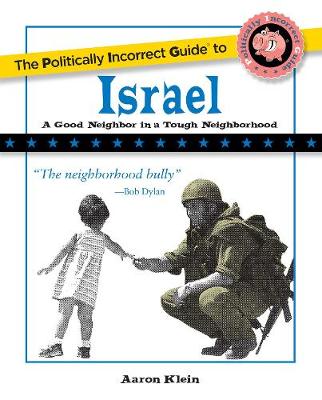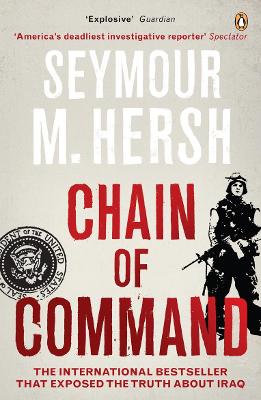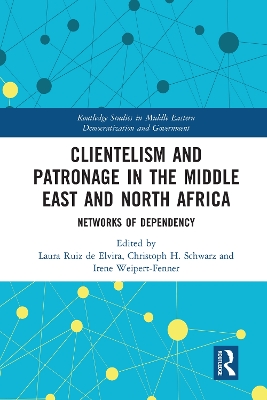The Crisis of Citizenship in the Arab World argues that the present crisis of the Arab world has its origins in the historical, legal and political development of state-citizen relations since the beginning of modern history in the Middle East and North Africa. The anthology covers three main topics. Part I focuses on the crisis of the social pact in different Arab countries as it became manifest during the Arab Uprisings. Part II concentrates on concepts of citizenship in Islamic doctrine, Isla...
Beginning with the shattering of the traditional Jewish society during the Enlightenment, Viorst covers the recent history of the Jews, from the spread of Jewish Emancipation during the French Revolution Era to the rise of the exclusionary anti-Semitism that overwhelmed Europe in the late nineteenth century. Viorst examines how Zionism was born and follows its development through the lives and ideas of its dominant leaders, who all held only one tenet in common: that Jews, for the first time in...
Bibliography Of Israeli Politics
The Islamic State is one of the most lethal and successful jihadist groups in modern history, surpassing even al-Qaeda. Thousands of its followers have marched across Syria and Iraq, subjugating millions, enslaving women, beheading captives, and daring anyone to stop them. Thousands more have spread terror beyond the Middle East under the Islamic State's black flag. How did the Islamic State attract so many followers and conquer so much land? By being more ruthless, more apocalyptic, and more de...
Two major influences have drawn the British people to the Holy Land over the centuries - the translation of the Bible into English and the imperial need to control the routes to India and, more recently, to the oil of the Middle East. These two magnets - the Bible and the sword - have drawn countless pilgrims, crusaders, missionaries, merchants and explorers to the land of the ancient Hebrews. Barbara Tuchman, the Pulitzer Prize-winning author of The Zimmermann Telegram and The Guns of August, s...
The Israel/Palestine Reader
Introduction to any complex international conflict is enriched when the voices of the adversaries are heard. The Israel/Palestine Reader is an innovative collection, focused on the human dimension of the ongoing Israeli-Palestinian confrontation. Its vivid and illuminating readings present the voices of the diverse parties through personal testimonies and analyses. Key leaders, literary figures, prominent analysts, and simply close observers of different phases of this protracted conflict are al...
The Alevis in Modern Turkey and the Diaspora (Edinburgh Studies on Modern Turkey)
This book explores the struggles of a minority group Alevis for recognition and representation in Turkey and the diaspora. It examines how they mobilise against state practices and claim their rights, while at the same time negotiating how they define themselves. The authors offers a conceptual framework to study minorities by looking at both structural and agency-related factors in resisting state pressure and mobilising for their rights. The Alevis in Modern Turkey and the Diaspora is divi...
Iranian Elites and Turkish Rulers (Routledge Studies in the History of Iran and Turkey)
by David Durand-Guedy
The Saljuq period of the eleventh and twelfth centuries saw the arrival in Iran of Türkmen nomads from Central Asia and the beginning of Turkish rule. Through the example of the city of Isfahan, the book analyses the internal evolution of Iranian society in this period and the interaction of the Iranian elites and Turkish rulers. Drawing on an analysis of a wide range of sources, including poetic and epistolary material, this study fills an historiographical gap and casts new light on the two c...
Political And Economic Trends In The Middle East
by Shireen Hunter and Nancy Eddy
'Blistering' Sunday Times'Indispensable' Observer'Fascinating' The Times'Brilliant' Peter Frankopan'Revelatory' Lindsey HilsumA timely and unprecedented examination of how the modern Middle East unravelled, and why it started with the pivotal year of 1979'What happened to us?'For decades, the question has haunted the Arab and Muslim world, heard across Iran and Syria, Saudi Arabia and Pakistan, and in the author's home country of Lebanon. Was it always so? When did the extremism, intolerance and...
'A powerful corrective' Guardian 'This should be compulsory reading' Peter Frankopan, author of The Silk Roads ‘For anyone interested in the future of Islam, both in Britain and the Islamic world, this is an important book’ The Times The gulf between Islam and the West is widening. A faith rich with strong values and traditions, observed by nearly two billion people is seen by the West as something to be feared rather than understood. Sensational headlines and hard-line policies spark enmit...
A rising economic power, Abu Dhabi, the capital city of the United Arab Emirates, is poised to become a major player in the fortunes of both Third and First World countries. Abu Dhabi owns more than 8 percent of the world's oil reserves, has close to one trillion dollars to invest in sovereign wealth funds, and is about to implement a masterful set of economic initiatives that will yield even greater returns. Abu Dhabi has begun to eclipse its partner city, Dubai, in terms of sheer wealth and c...
This book studies values and attitudes in the Gulf region. In light of global power shifts, the threatening collapse of internal security in the West, and uncertainty about the current leadership vacuum in world society, this book explores a future leading role of the Gulf countries in such institutions as the G-20 and the OECD. Based on rigorous analysis of macro-level data and opinion surveys with relevance for the Gulf region, it analyzes the global macro-factors shaping the Gulf's future at...
Westerners tend to be shocked that any women would willingly play an active role in jihadist organizations such as ISIS and Boko Haram, since subjugating women appears to be a primary tactic of these groups. But the fierce debate over gender and terrorism has missed key points regarding the role of women and, instead, resulted in the proliferation of stereotypes, misinformation, and profound misunderstandings. Looking behind the scenes at the women of ISIS and Boko Haram, Veiled Threats is the...
The Politically Incorrect Guide to Israel (The Politically Incorrect Guides)
by Aaron Klein
When he was assassinated in 1896, Nasir al-Din Shah had occupied the Peacock throne for nearly half a century. A colorful, complex figure, he is frequently portrayed as indolent and indulgent. Yet he was in many ways an effective ruler who displayed remarkable resilience in the face of dilemmas and vulnerabilities shared by most monarchs of the Islamic world in the nineteenth century. The Pivot of the Universe is the first biography of this fascinating monarch. In it Amanat traces Nasir al-Din S...
The shocking inside account that has outraged the Bush administration, Chain of Command gives the most revealing and terrifying picture yet of what really led to war in Iraq. Seymour Hersh, the Pulitzer Prize-winning journalist whose sensational reportage has revealed the stories the others can't - or won't - get, traces the chain of events that turned America from victim of terrorism on 9/11 to perpetrator of a dirty and disastrous war. Plumbing an unrivalled list of top military and CIA contac...
One common demand in the 2011 uprisings in the MENA region was the call for ‘freedom, dignity, and social justice.’ Citizens rallied against corruption and clientelism, which for many protesters were deeply linked to political tyranny. This book takes the phenomenon of the 2011 uprisings as a point of departure for reassessing clientelism and patronage across the entire MENA region. Using case studies covering Morocco, Tunisia, Egypt, Jordan, Lebanon, Turkey and the Gulf monarchies, it looks a...
